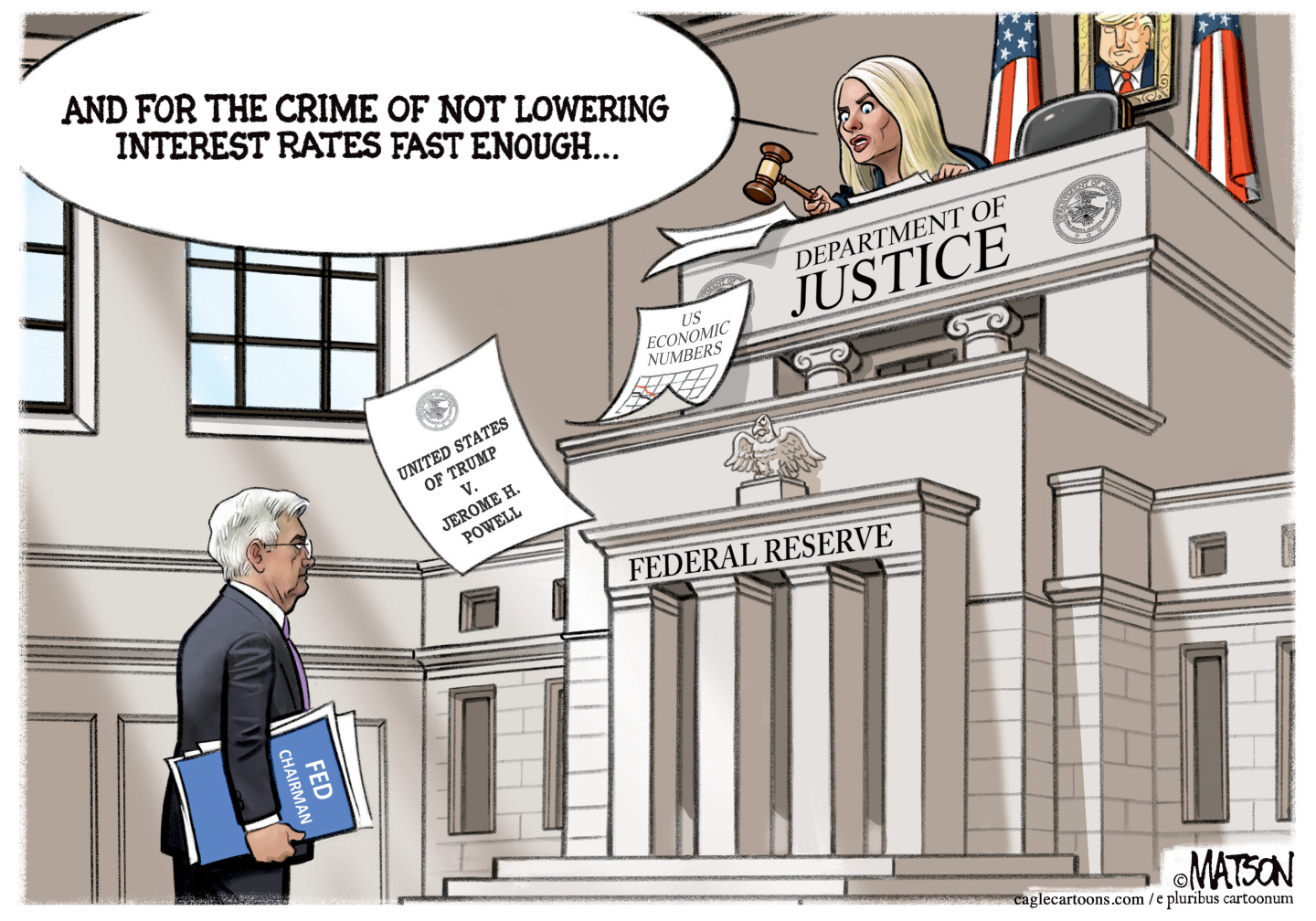When presidential decisions kill kids
(Accidentally and collaterally)


If you disagree with the policy of extra-territorial targeted killings of terrorists, then Congressional oversight should be a tertiary concern, at best. Internal accountability ought to be secondary. You might well be concerned about more significant values: International law, or about transparency, or about democratic responsiveness.
You might as well wonder why Congress will not permit the administration to develop a detention and trial system that would allow for more "capture" missions. And why does the U.S. rely so heavily on foreign intelligence organizations for targeting information? In other words, your focus ought to be at the top: On the policy itself.
You need to learn what happened on December 17, 2009, when the United States and Yemen jointly launched an attack on what their intelligence told them was a group of al Qaeda on the Arabian Peninsula combatants in Ma'Jalah, in Yemen. As The New York Times and other organizations have reported, at least several dozen innocent people were killed, many of them children. The administration has not been held to account for this, even though U.S.-made cluster bombs and cruise missile parts were found at the scene, and even though, in private, officials conceded to some national security reporters that the Special Operations Command planned this particular strike, and that the president's top legal advisers signed off on it. The intelligence that al Qaeda operatives were in the area was based in part on Yemeni human sources and in part on United States signals intelligence collection.
The Week
Escape your echo chamber. Get the facts behind the news, plus analysis from multiple perspectives.

Sign up for The Week's Free Newsletters
From our morning news briefing to a weekly Good News Newsletter, get the best of The Week delivered directly to your inbox.
From our morning news briefing to a weekly Good News Newsletter, get the best of The Week delivered directly to your inbox.
This is President Obama's policy. If he or a direct representative signs off on every strike, then he deserves to be asked about every strike that goes wrong. Realistically, he cannot and should not be booted out of office, but he can set an example for his successors. So can journalists and political activists, who must ask future presidential candidates about how they'll hold themselves accountable, and just precisely what their policy is when it comes to killing terrorists overseas.
Ironically, the era of high-profile kinetic strikes may be coming to a close. The administration has begun to shift its thinking away from killing the bad guys and towards helping host nations solve problems through creative and non-kinetic means. This suggests, to me, that President Obama recognizes the consequences of collateral damage, and that while it may resort to "drone" strikes when necessary, it will renew its efforts to capture and detain wanted terrorists, and then try them, either here in the United States or in the country where they were captured. He blew his chance during his first term, not standing up for his Attorney General Eric Holder when Holder wanted to try the 9/11 conspirators in federal court. Obama has three years to rectify his error. Putting military action back in military hands is a first step.
A free daily email with the biggest news stories of the day – and the best features from TheWeek.com
Marc Ambinder is TheWeek.com's editor-at-large. He is the author, with D.B. Grady, of The Command and Deep State: Inside the Government Secrecy Industry. Marc is also a contributing editor for The Atlantic and GQ. Formerly, he served as White House correspondent for National Journal, chief political consultant for CBS News, and politics editor at The Atlantic. Marc is a 2001 graduate of Harvard. He is married to Michael Park, a corporate strategy consultant, and lives in Los Angeles.
-
 Why Greenland’s natural resources are nearly impossible to mine
Why Greenland’s natural resources are nearly impossible to mineThe Explainer The country’s natural landscape makes the task extremely difficult
-
 The Week contest: Post-surgery Spanish
The Week contest: Post-surgery SpanishPuzzles and Quizzes
-
 Political cartoons for January 14
Political cartoons for January 14Cartoons Wednesday’s political cartoons include Jerome Powell's rap sheet, holiday bill blues, and more
-
 Why Puerto Rico is starving
Why Puerto Rico is starvingThe Explainer Thanks to poor policy design, congressional dithering, and a hostile White House, hundreds of thousands of the most vulnerable Puerto Ricans are about to go hungry
-
 Why on Earth does the Olympics still refer to hundreds of athletes as 'ladies'?
Why on Earth does the Olympics still refer to hundreds of athletes as 'ladies'?The Explainer Stop it. Just stop.
-
 How to ride out the apocalypse in a big city
How to ride out the apocalypse in a big cityThe Explainer So you live in a city and don't want to die a fiery death ...
-
 Puerto Rico, lost in limbo
Puerto Rico, lost in limboThe Explainer Puerto Ricans are Americans, but have a vague legal status that will impair the island's recovery
-
 American barbarism
American barbarismThe Explainer What the Las Vegas massacre reveals about the veneer of our civilization
-
 Welfare's customer service problem
Welfare's customer service problemThe Explainer Its intentionally mean bureaucracy is crushing poor Americans
-
 Nothing about 'blood and soil' is American
Nothing about 'blood and soil' is AmericanThe Explainer Here's what the vile neo-Nazi slogan really means
-
 Don't let cell phones ruin America's national parks
Don't let cell phones ruin America's national parksThe Explainer As John Muir wrote, "Only by going alone in silence ... can one truly get into the heart of the wilderness"
